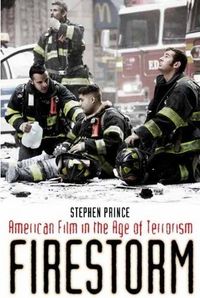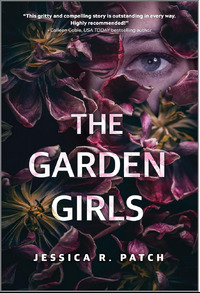

Purchase
American Film in the Age of Terrorism
Columbia University Press
August 2009
On Sale: August 17, 2009
400 pages
ISBN: 0231148712
EAN: 9780231148719
Paperback
Add to Wish List
Non-Fiction
It was believed that September 11th would make certain kinds
of films obsolete, such as action thrillers crackling with
explosions or high-casualty blockbusters where the hero
escapes unscathed. While the production of these films did
ebb, the full impact of the attacks on Hollywood's creative
output is still taking shape. Did 9/11 force filmmakers and
screenwriters to find new methods of storytelling? What
kinds of movies have been made in response to 9/11, and are
they factual? Is it even possible to practice poetic license
with such a devastating, broadly felt tragedy? Stephen Prince is the first scholar to trace the effect of
9/11 on the making of American film. From documentaries like
Fahrenheit 9/11 (2004) to zombie flicks, and from fictional
narratives such as The Kingdom (2007) to Mike Nichols's
Charlie Wilson's War (2007), Prince evaluates the extent to
which filmmakers have exploited, explained, understood, or
interpreted the attacks and the Iraq War that followed,
including incidents at Abu Ghraib. He begins with pre-9/11
depictions of terrorism, such as Alfred Hitchcock's Sabotage
(1936), and follows with studio and independent films that
directly respond to 9/11. He considers documentary portraits
and conspiracy films, as well as serial television shows
(most notably Fox's 24) and made-for-TV movies that
re-present the attacks in a broader, more intimate way.
Ultimately Prince finds that in these triumphs and failures
an exciting new era of American filmmaking has taken shape.
Comments
No comments posted.
Registered users may leave comments.
Log in or register now!
| 


 © 2003-2024 off-the-edge.net
all rights reserved Privacy Policy
© 2003-2024 off-the-edge.net
all rights reserved Privacy Policy